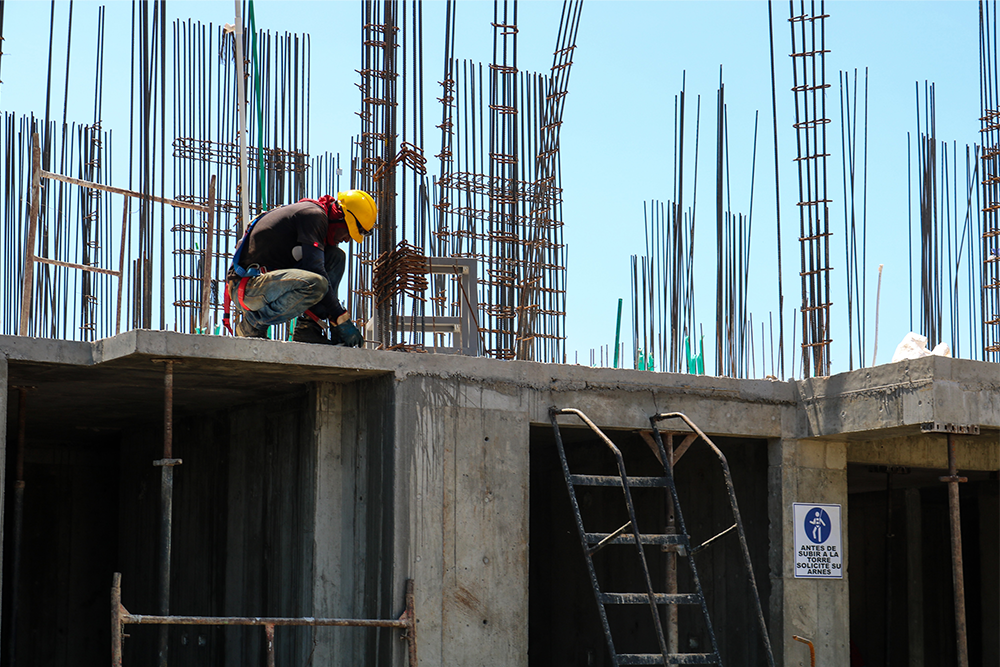890 results found
Featured results



More results
Future Grid is adapting electricity distribution networks for cleaner, greener energy by cleansing network data to improve GIS topology, reacting to network capacity constraints in real time, managing voltage and power quality issues, and detecting and managing the impacts of EVs and Solar PV
The Colouring Cities Research Programme (CCRP) is developing a model for open data platforms that uses an open-source code for easy-to-set-up-and-run platforms (managed by academia) that enable access to the highest quality, comprehensive national building footprint data available
The Trial Reservoir approach to technology trials has universal potential globally to increase and accelerate uptake of clean technologies. While this approach to trial funding has not yet been replicated, Isle Utilities are in advanced talks with the Inter-American Development Bank (IDB) regarding a Latin American-specific project, funded by the IDB.
By using technology originally developed for highway bridge inspection to carry out inspections of infrastructure such as railway tunnels and building façades, NEXCO is delivering objectivity and accuracy of records to better support the infrastructure owner’s data-driven decisio-making as well as address traffic restrictions, enhance safety, and significantly reduce the time required to collect data on-site
Infraclear has gathered one of the world’s biggest databases of infrastructure project agreements and developed machine learning and natural language processing algorithms to extract granular data on terms.
The G20/GI Hub Framework on How to Best Leverage Private Sector Participation to Scale Up Sustainable Infrastructure, which sets out opportunity areas and actions for the G20 to enable the private sector to scale up its investments in sustainable infrastructure.

‘Revitalising infrastructure investment’ was a focus at the recent G20 FMCBG meeting, and GI Hub-led work on sustainable investment and public infrastructure spending was endorsed.
In the context of the US Inflation Reduction Act, GI Hub’s Director of Knowledge Mobilisation, Sam Barr explores the complexity of intergovernmental coordination and the risks this poses to climate action.
In 2021, the G20 Finance Ministers and Central Bank Governors asked the G20's Sustainable Finance Working Group (SFWG) to develop a multi-year G20 Sustainable Finance Roadmap identifying the G20’s sustainable finance priorities, and to work on specific priority areas. This report characterises challenges, reviews existing practices, and proposes a set of recommendations to progress in the priority areas.

This paper from EDHECinfra explores how institutional investors should incorporate ESG elements into the financial management of their portfolios.

This report leverages the experience of NGFS members and observers, as well as a survey of 25 central banks and 24 financial supervisors, to examine key challenges related to market transparency in green finance - particularly with regard to taxonomies; green external review and assessment; and climate transition metrics, frameworks, and market products. It also aims to inform a broad dialogue with market participants to find potential solutions to policy challenges.

Deloitte's Analytics Institute published this analysis of how new technology and data analytics can be used for predictive maintenance.

The LTIIA's report on Climate-Resilient Infrastructure: How to scale up private investment examines the current state of climate-resilient infrastructure investment and brings forward recommendations and proposals.

Five key infrastructure ideas from Climate Week NYC by our Director of Engagement, Rory Linehan and Partnership Manager, Daniel Galle.
Inflation continues to soar globally, the IMF forecasts inflation will rise from 4.7 percent in 2021 to 8.8 percent in 2022. In India, wholesale inflation has remained in double digits for more than a year. The IMF now expects global growth to slow from 6.0 percent in 2021 to 3.2 percent in 2022 and 2.7 percent in 2023.
Private investment in infrastructure remained stagnant for the eighth year in a row. Three trends to inform future policies to fund the significant shift to enable infrastructure to reach climate targets and address global inequalities.
Infrastructure Monitor is the GI Hub's annual flagship report on the state of investment in infrastructure. The 2022 report examines global private investment in infrastructure projects, infrastructure investment performance, availability of private capital and the role of MDBs in private investment in infrastructure.
Last week, the GI Hub facilitated an infrastructure roundtable in Toronto with Canadian private sector participants, industry associations, and government infrastructure agencies.
Last week we presented our final deliverables to the G20 Infrastructure Working Group at its fourth and final meeting under the Indonesian Presidency.
This recently updated directory of national and subnational project pipelines in G20 countries enables governments and industries track projects and assemble market analyses









 G20 Chair's Summary FMCBG Meeting 12-13 October 2022
G20 Chair's Summary FMCBG Meeting 12-13 October 2022









